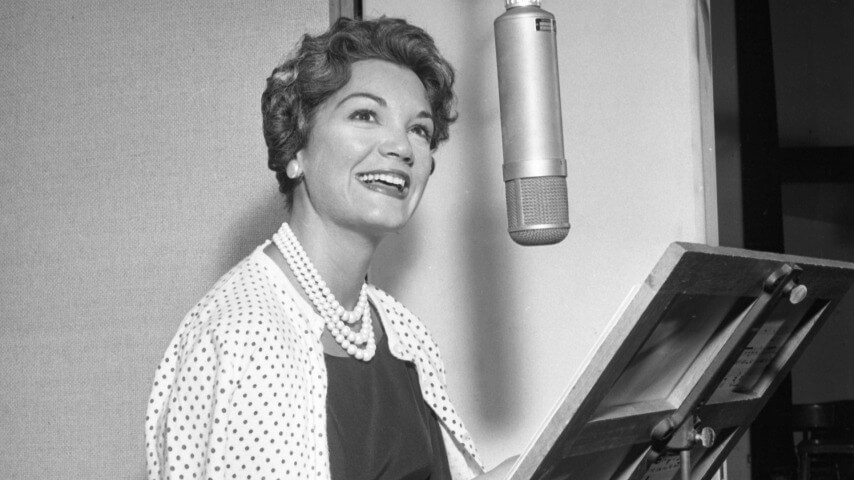R.I.P. Connie Francis, "Pretty Little Baby" and "Who's Sorry Now?" singer
The popular recording artist was the first female singer to have a No. 1 hit on the Billboard Hot 100 with "Everybody's Somebody's Fool."
Photo: PoPsie Randolph/Michael Ochs Archives/Getty Images
Connie Francis, the pop vocalist and singer of 1950s and 1960s hits like “Who’s Sorry Now?” and “Pretty Little Baby,” has died. Francis’ death was announced by Ron Roberts, her close friend and the president of her label Concetta Records, in a post on Facebook. “It is with a heavy heart and extreme sadness that I inform you of the passing of my dear friend Connie Francis last night. I know that Connie would approve that her fans are among the first to learn of this sad news,” Roberts wrote. A cause of death has not been provided as of this writing, but Francis wrote that she had been hospitalized two weeks ago for “extreme pain,” per People. She was 87.
Known for her powerful voice and natural pop style, Francis was one of the most popular artists of the 1950s and early 1960s. Songs like “Who’s Sorry Now?,” “My Heart Has A Mind Of Its Own,” “Where the Boys Are,” and “Don’t Break The Heart That Loves You” consistently landed amongst the Billboard Top 10, with 1960’s “Everybody’s Somebody’s Fool” making her the first female artist to ever have a Billboard No. 1 track.
 Keep scrolling for more great stories.
Keep scrolling for more great stories.
